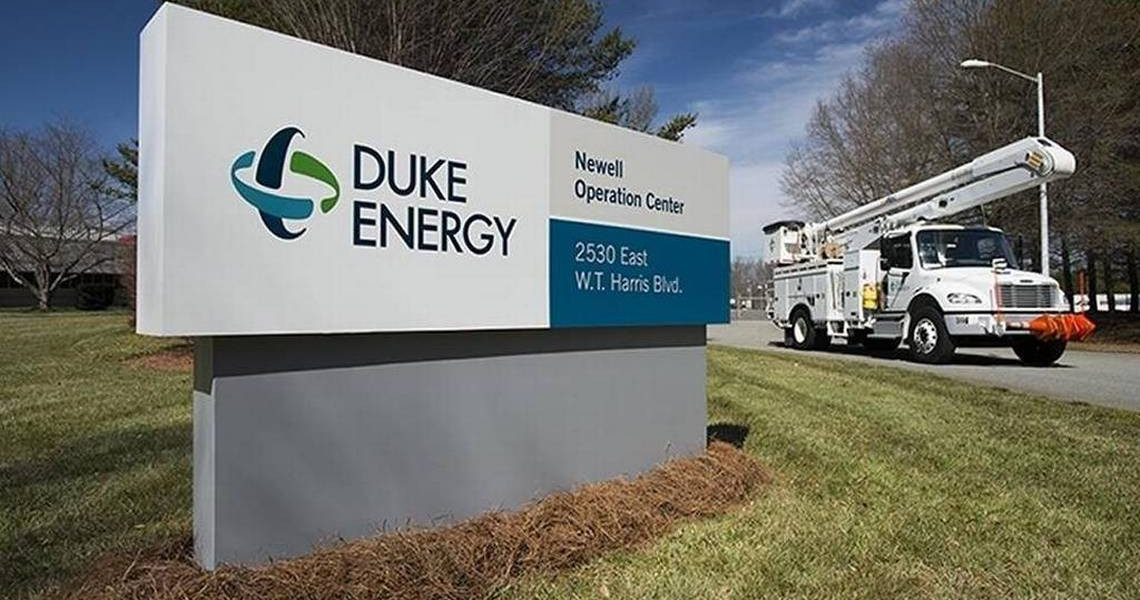As Clearwater City Council members prepare to discuss a feasibility report contemplating the creation of a public utility, Duke Energy is cautioning against the report’s findings.
A report from NewGen Strategies estimates that eliminating Duke and establishing a Clearwater Municipal Electric Utility would save ratepayers approximately 7% each year for the first five years, with savings increasing to 18% each year over the subsequent 25 years.
However, Duke disputes the study’s methodology and findings. In a letter to City Council ahead of its Monday evening meeting, Duke Energy Florida President Melissa Seixas pointed out that NewGen’s study cannot guarantee cost savings or lower rates to customers, and it even acknowledges that the plan could cost nearly $1 billion.
The NewGen study values the cost of acquiring Duke property at $572 million, but notes the real cost of Duke’s assets could be 50% lower or 100% higher than its estimate. That means the actual cost could range from $386 million to nearly $1 billion.
Costs could soar even higher, given that the NewGen study assumes an immediate takeover, which Duke reminds us would not happen, and a longer process would drive costs higher.
Because Duke is not voluntarily selling its property, an acquisition would require the legally challenging process of eminent domain. The NewGen study even admits “it would likely be a long process that could take several years to complete.”
The Duke letter also claims NewGen used obsolete rate data and assumptions in creating its rate analysis, and that using correct data would have all but eliminated the hypothetical savings.
NewGen, according to Duke, used rates 9% higher than what the company will actually be charging customers in 2026 to compare rates.
The NewGen report also uses Boulder, Colorado, as an example. But according to Duke, that might not be the flex they think it is.
Boulder spent $29 million and a decade trying to municipalize before abandoning the effort, having fallen behind on climate goals while the private utility accelerated renewable energy adoption.
The NewGen study does not mention, but it is a salient example, what happened in Long Island, where a government takeover of a private utility brought 50% rate increases, added $9 billion in debt, and led to catastrophic storm responses — 400,000 customers lost power for a week during the pandemic after Tropical Storm Isaias.
But in its letter, Duke offered a possible solution, by way of a franchise agreement negotiation related to undergrounding power lines, vegetation management, distribution system reliability and service metrics, and new customer programs boosting affordability.
“Duke Energy is already undergrounding one of the areas shown in the study on Myrtle Avenue between Court and Cleveland and is currently undergrounding lines in seven other areas in the City,” Seixas wrote. “Vegetation management was completed in the City earlier this year with enhanced notification procedures that successfully ensured our customers and the City are well-informed about vegetation management activities in Clearwater and why.”
The letter concluded with a vow to welcome “meaningful discussion” and to remain “open to considering a shorter franchise term, such as a 10-year renewal.”
“We remain committed to working together, as we have for decades, to ensure our efforts are unified and focused on the best interests of Clearwater citizens,” Seixas said.
The current contract with Duke is set to expire in December.
Post Views: 0


